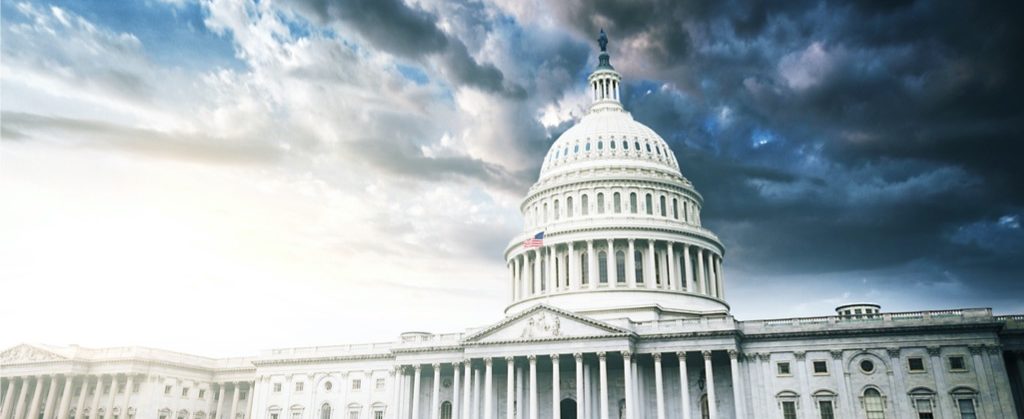
On Hoopties and Shell Stations: The Benefits of Visiting a Crime Scene
Yet another benefit to private practice – as opposed to being a public defender – is that you have more time for investigations.
Wayne, my investigator, actually handles most of my on-scene investigations. As a former cop, he knows what he is doing. He has a great way with clients and witnesses. He also knows every Shell station, Seven-Eleven, and drug corner in this city. At the same time, based on the recognition that there is no substitute for seeing something for yourself, I usually tag along.
I have yet to win a case based solely on something I have discovered during a site visit. In other words, I have never had that Perry Mason or Cousin Vinnie moment. Nevertheless, I have never regretted a single moment spent visiting a crime scene. Richard Rhodes once said that you can’t write about aerial combat until you have sat in the cockpit of a jet fighter, and I feel the same way about conducting an investigation.
Police reports are notoriously light on the details, and officers on the stand are masterful at conforming their descriptions of the physical layout to whatever argument the government happens to be making. There is also the danger that you will substitute your own mental conception for reality. For example, I once represented someone accused of breaking into a church. The urban church I found — with its locked steel doors and barbed wire on the perimeter — was very different from the welcoming New England church I had envisioned in my mind.
You can pull up a picture on Google Earth of a housing complex. But you will probably miss the video camera on the lamppost, the No Trespassing signs posted over every entryway, the middle school across the street, and the basketball courts on the corner. Wayne also picks up things I would miss. During an investigation the other night, for example, he noticed some gang signals being exchanged that went over my head.
Finally, I can always call Wayne to the stand should a government witness not cooperate with my recollection of the physical layout. There is, after all, nothing more satisfying than the look of surprise in the police officer’s eyes when it begins to dawn on him during cross-examination that you know a bit more about the actual physical surroundings than you have previously let on. Yes sir, he has to concede, there are in fact signs on the storefront window that could have impeded my view of the goings-on inside.
Even if the investigation proves fruitless, you have the reassurance of knowing you have not missed anything. A couple of nights ago, Wayne and I sat in his car after a series of investigations and simply looked at each other and nodded. This particular case was probably going to be a plea.
Investigations are not without their hazards, particularly in the bad parts of town. I was once physically ejected from a diner in Philadelphia, and my car was broken into a couple of nights ago although I had been gone for no more than five minutes.
Wayne tells me I need to get myself a “hooptie.” I am so uncool I didn’t even know what that was, and had to look up the spelling on the Internet. Wayne himself uses a beat-up old Nissan for investigations, saving his SUV for other occasions, and he dresses down in an old New York Giants jersey. As a result, he doesn’t stick out nearly as much as I do.
I am open to the idea of getting myself a hooptie. Or I can always borrow my wife’s car, which, I am sure, is an embarrassment to our neighbors. But whatever I decide, I think I’ll pass on the Giants jersey.
